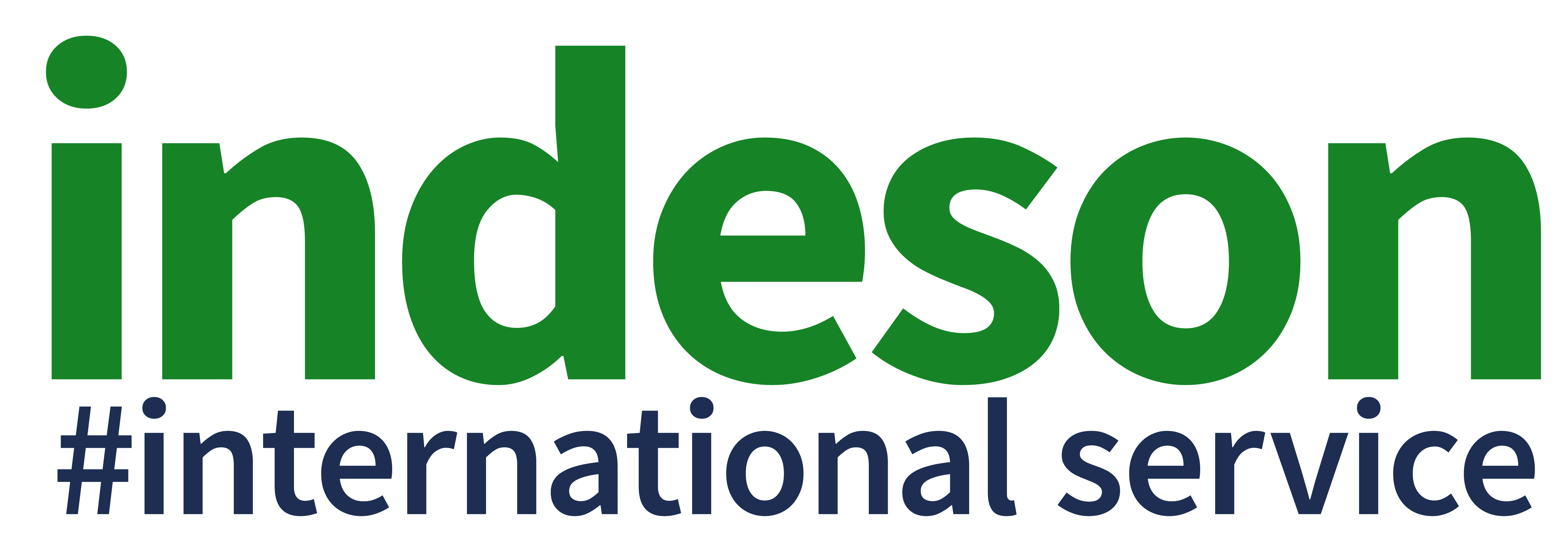Assessment Services

As a leading provider of professional development and training services, we are excited to offer a range of assessment solutions to support TVET institutions, ministries of education, and other organizations in their efforts to improve the workforce and boost employment opportunities. Our team of experts has extensive experience working with a wide range of clients, and we have a proven track record of success in supporting international projects aimed at driving economic growth and industry development.
Assessment is a critical component of education, TVET, and professional education, as it helps to ensure that students, teachers, education institutions, and development programs are achieving their goals and making progress. By evaluating learning and progress, it is possible to identify areas of strength and areas for improvement, and to make informed decisions about how to enhance the effectiveness of these programs.
When we conduct assessments, it means that we are evaluating various aspects of the technical and vocational education and training system in order to gather information about how well it is functioning and to identify areas for improvement. There are numerous benefits to conducting these assessments:
- Assessing the learning and progress of students helps to ensure that they are acquiring the knowledge and skills they need to succeed in their studies and in their future careers. This can include evaluating the effectiveness of different teaching methods and materials, as well as identifying areas where students may need additional support.
- Assessing teachers, education institutions, and development programs can help to identify areas for improvement and to ensure that these programs are effective and delivering value. By gathering data on the performance of these programs, it is possible to identify best practices and to make informed decisions about how to allocate resources and optimize outcomes.
- Assessing the impact of education, tvet, and professional education programs can help to inform policy decisions and to allocate resources effectively. By gathering data on the outcomes of these programs, it is possible to identify which programs are most effective and to prioritize funding and resources accordingly.
- Assessing the outcomes of these programs can help to demonstrate their value to stakeholders, including students, parents, employers, and policymakers. By gathering data on the outcomes of these programs, it is possible to show the impact they are having on student learning and career success, and to build support for these programs among key stakeholders.
Transform Your Organization with Our Comprehensive Assessment Support
- Types of assessment: There are many different types of assessment that can be used to evaluate student learning and progress, teacher effectiveness, or the impact of education and training programs. Some common types of assessment include tests, quizzes, exams, projects, and portfolios. Each of these types of assessment has its own advantages and disadvantages, and selecting the most appropriate type of assessment for a given situation requires careful consideration of the goals of the assessment, the characteristics of the population being assessed, and the resources and constraints of the organization.
- Assessment methods: In addition to selecting the appropriate type of assessment, it is also important to choose the most appropriate method for administering the assessment. Some common methods of assessment include paper-and-pencil tests, online tests, oral exams, and performance assessments. Each of these methods has its own strengths and limitations, and choosing the most appropriate method requires considering the goals of the assessment, the characteristics of the population being assessed, and the resources and constraints of the organization.
- Reliability and validity: Reliability and validity are important concepts in the field of assessment. Reliability refers to the consistency of the results of an assessment, while validity refers to the degree to which an assessment measures what it is intended to measure. Ensuring the reliability and validity of an assessment is critical to ensuring that the results of the assessment are meaningful and can be used to make informed decisions.
- Norm-referenced and criterion-referenced assessments: Norm-referenced and criterion-referenced assessments are two common types of assessment that differ in terms of how they are scored and how the results are interpreted. Norm-referenced assessments are scored relative to a sample of people who have taken the same assessment, while criterion-referenced assessments are scored against predetermined standards or criteria. Selecting the most appropriate type of assessment for a given situation requires considering the goals of the assessment, the characteristics of the population being assessed, and the resources and constraints of the organization.
- Assessment data analysis and reporting: Once an assessment has been administered and the results have been collected, it is important to analyze and interpret the data in order to draw meaningful conclusions and make informed decisions. Our team of assessment experts is here to help you analyze and interpret your assessment data, and to develop clear and concise reports that communicate the results of your assessments to stakeholders. Our data analysis and reporting services may include assistance with statistical analysis, interpretation of results, and development of recommendations for improvement based on the data.
